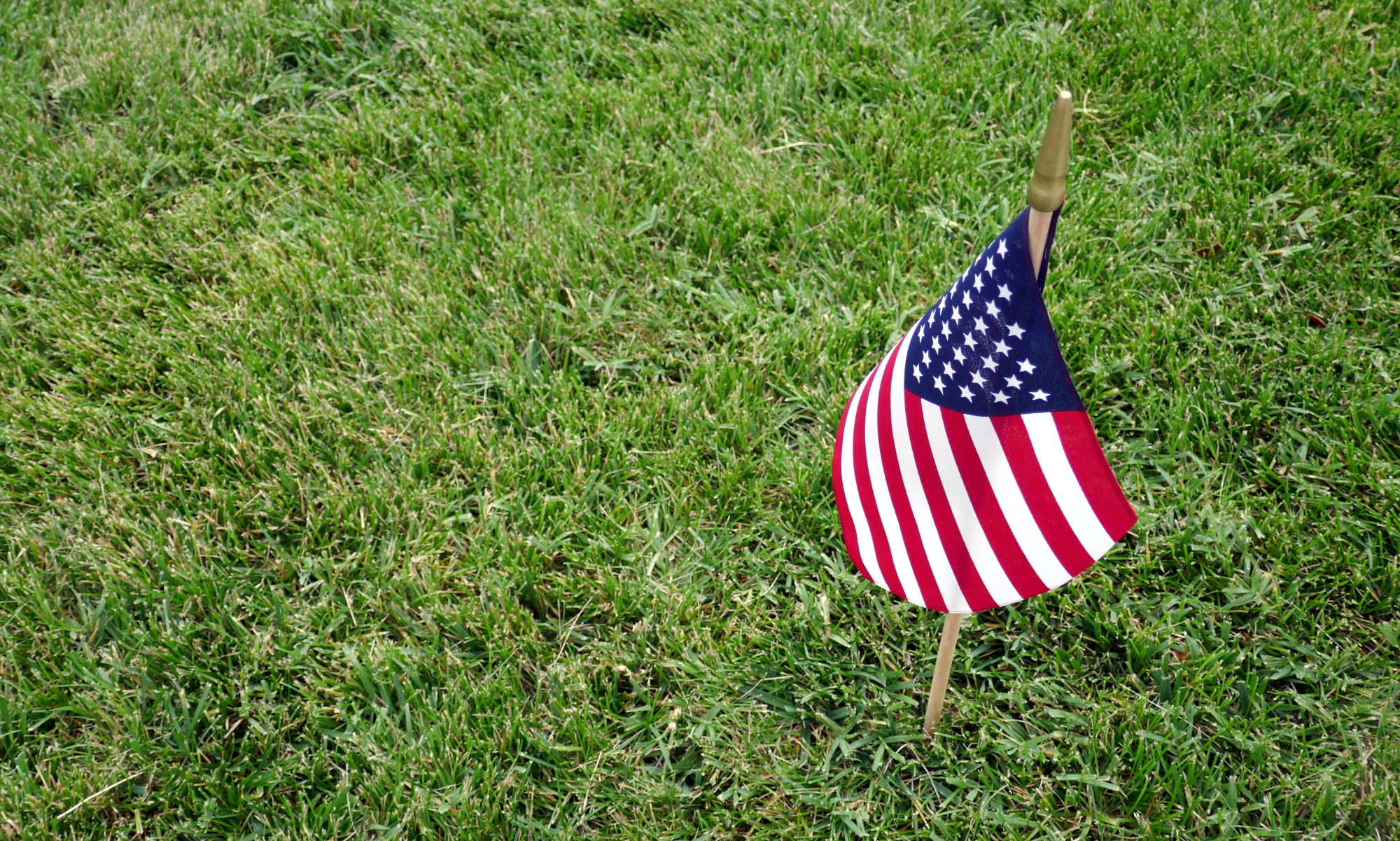by Jonathan Krall
In July, Bryan Jackson and Elizabeth Jones Valderrama told us about OAR [1] programs to aid returning citizens (for Alexandria, Arlington and Falls Church) and to coordinate court-ordered community service volunteers (for Arlington and Falls Church). OAR works with individuals who were formerly incarcerated. OAR’s evidence-based program keeps recidivism rates low: 11% versus the Virginia average of 23%. One way to reduce recidivism is to keep people away from the trauma if incarceration. In Arlington, thousands are sentenced to court-ordered community service instead of incarceration, connecting citizens to community events instead of isolating and exploiting them. In Alexandria, those numbers are merely in the hundreds. It seems to me that court-mandated community service is under-utilized here in Alexandria. Can we do better?
Action alert: more service and less exploitation
In Grassroots Alexandria we don’t just talk, we act. Please write to the Alexandria City Council and the Alexandria Commonwealth Attorney with the following message: “I am a citizen of Alexandria and I am asking that we expand the use of court-mandated community service in lieu of incarceration. I understand that, relative to nearby communities in Virginia, alternatives to incarceration are under-utilized in Alexandria. I further ask that alternatives to incarceration be applied so that people of color have as much access to these alternatives as white people. Over-incarceration of people of color is not acceptable. With better policies, we will get better results.”
To contact City Council, click here.
To contact the Commonwealth Attorney, click here.
Exploitative prisons, healthy alternatives
US prisons exploit prisoners, extracting money from them at every turn. Want to to call home? The only allowed phone service might cost you, or your family, over $1/minute. These “captive audience” services are often provided for profit, further penalizing people who are already incarcerated and enriching the wealthy at the expense of all of us. Many prisons charge inmates for housing and food with the result that returning citizens are expected to pay off thousands in debt while searching for work and housing. This is not a recipe for success.
Court-mandated community service is an alternative to incarceration. Community service can be served while holding a job. It can be constructive instead of destructive for the individual. Every day, we may encounter community-service volunteers without realizing it. If you find yourself at a non-profit community organization event with volunteers working registration, information and promotion tables, you might be observing community-service volunteers repaying their debt to society.
Further, as explained by our friends from OAR, “drug courts” and “mental health courts” are alternatives that direct people to treatment instead of punishment. In Alexandria, we are beginning to apply these alternatives. If Alexandria is like most places, however, white people are more likely to be given these opportunities than people of color.
Evidence-based programs
According to Elizabeth, the main factors that contribute to post-release success are not simply jobs and housing. The most important factors are, instead, risk factors related to cognition, temperament, and choice of peers. Perhaps this is a surprise to you. Please keep in mind that surprise is the natural result of the evidence-driven scientific process. As a scientist myself, I do my best to embrace these surprises. To me, science that never defies expectation is suspect.
When we measure recidivism rates we need to acknowledge that we are not superhuman. We expect best practices to reduce recidivism, not eliminate it entirely. I mention this because some district attorneys are not willing to use alternatives out of fear that the alternative will not be 100% successful. They fear negative reports in the media. Is it acceptable for a district (or commonwealth) attorney to avoid the possibility of negative media coverage, for themselves, in favor of the destructive realities of incarceration, for someone else? We at Grassroots Alexandria refuse to let “perfect” be the enemy of progress.
Tear it down?
Elizabeth and Bryan of OAR were kind enough to discuss the racial disparities that crop up at every step of the system: a call to the police, an investigation, arrest, charging and alternatives to court, sentencing and alternatives to incarceration, treatment while incarcerated, etc. The cumulative result is obviously racist. It is so racially skewed that I am no longer surprised when a black activist suggests that the entire racist system be torn down.
Discussing race is uncomfortable. In my (limited) experience, many white people want quick answers, so that the discussion, and the discomfort, will stop. For many black people, however, racial discomfort never stops. Here’s a real life example, from a post-theater “talkback”:
White theater-goer: “Just tell me what to do and I’ll do it.”
Black playwright: “Not only is that not my job, I’m not the one with the advantages. Figure it out for yourself.”
Here’s another example. Earlier this year, I attended a community meeting concerning Governor “Blackface” Northam. While several white Democrats spoke up to ask that he step down (“make it stop”), I noticed black Democrats suggesting he atone for his past with positive steps towards racial justice.
At Grassroots Alexandria, people tell us they like us because we do things. We need more of that. OAR holds community discussions and actions; sign up for their action network to learn more. In the meantime, please see “Action alert” above. Please do something.
Figure it out for ourselves
For further study of racial realities, Elizabeth suggested the book White Fragility, by Robin DiAngelo. The idea of replacing criminal justice systems with something more civilized has a long history. One of the Grassroots Alexandria folks suggested Mutual Aid, by Pyotr Kropotkin.
[1] OAR staff pointed out that OAR stands for “offender aid and restoration,” even while the term “offender” is falling into disuse. OAR is considering options as their 50th anniversary approaches in 2024.

